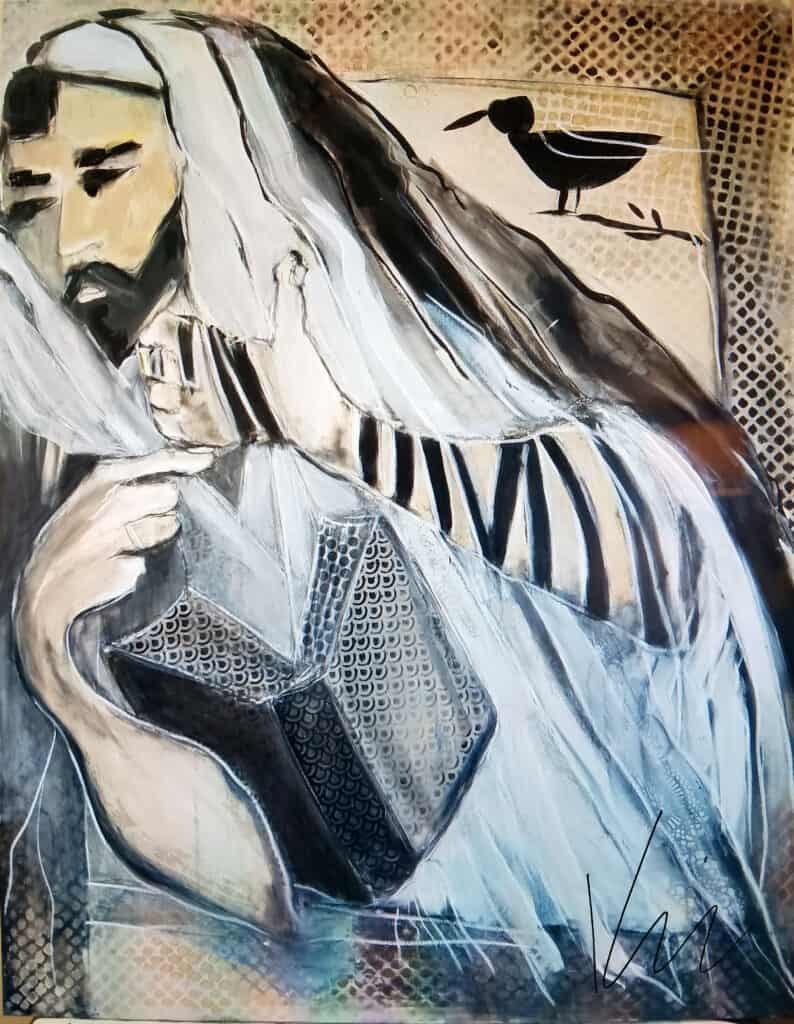Rosh Hashanah, (‘Head of the Year‘) the Jewish New Year, is a time of renewal for Jews around the world. We celebrate the holiday with prayer, the sounding of the shofar (ram’s horn), festive meals and gatherings with family and friends.
The Kabbalah emphasizes the spiritual journey of the holiday and adds a deeper layer of meaning. The word ‘Shana‘, year, comes from the same root as the word for ‘Shinui‘ , change. Rosh Hashanah signifies the beginning of change. This is a time of self-reflection, examination of our actions from the past year, an opportunity for inner transformation, forgiveness and reconnection with the divine. According to Jewish tradition, everything which will occur in the coming year is decided on Rosh Hashanah.
One of the central rituals of Rosh Hashanah is the blowing of the shofar. Kabbalah revels the spiritual meaning of the weeping notes. The Tekiah (long, unbroken blast) represents the flow of divine energy into the world, while the Shevarim (three broken blasts) and Teruah (nine short blasts) symbolize our broken state and the need for inner healing and repair. The final Tekiah Gedolah (longest blast) represents the ultimate redemption and the unification of all aspects of the self.
Rosh Hashanah commemorates the sixth day of creation, the day when God breathed life into Adam and Eve. In a sense, it is Humanity’s birthday. In Kabbalah, mankind is seen as the crown of creation, responsible for elevating the material world through actions. Rosh Hashanah reminds us that what hangs in the balance is more than our personal welfare. That we each have a unique role to bring about positive change in the world through our intentions and deeds. Aligning ourselves with a highest purpose of existence – spreading loving kindness.
May the coming year be filled with peace and love for all and may your dreams blossom and bloom. L’Shanah Tovah!
